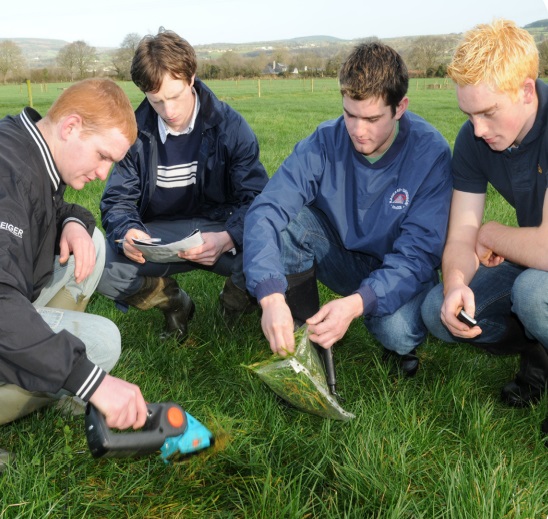The Teagasc advisory service is at a cross roads according to Dr Tom Kelly, Director of Knowledge Transfer in Teagasc.
Speaking at the annual conference of the Agricultural Science Association (ASA) in Naas recently he said: “We have maintained our numbers of dairy Business and Technology advisers and are achieving 80 per cent penetration levels with dairy farmers. In drystock, we are achieving varying levels of penetration from 30% to 50% depending on the region. We have maintained our beef and sheep specialist teams with a recent addition to the cattle specialist team in the midland and west region of Ireland.
“But we have also changed and face further changes in how we will deliver the service to farmers in the future. In terms of direction, we have moved to leverage external resources by combining with partner organisations; we have sought government sanction and are hiring limited numbers on short term contracts; we have sub contracted certain tasks and activities. We are now seeking an external strategic partner for the delivery of GLAS planning for Teagasc clients. “
Teagasc adviser numbers have reduced from over 400 down to 230 and the organisation is facing further reductions over the next two years with up to 30 retirements anticipated. Under the current moratorium on recruitment these cannot be replaced.
The numbers of Teagasc farmer clients has been maintained mainly by moving the delivery of the service, more away from one to one, to group activity. The number of farmer discussion groups facilitated by Teagasc advisers has more than doubled over recent years to over 800 currently.
Applications for the Teagasc distance education and regional green cert courses are three times normal levels, for the coming academic year, with numbers of students in the colleges maintained at the higher levels of recent years. The increased demand for education has absorbed some of the advisory capacity over recent years.
Dr Kelly concluded by saying: “Teagasc is unique as a European agricultural support organisation by having advisory, education and research resources combined into one organisation. At European level, the EU is supporting more KT initiatives to bridge the gaps between practices on farms and the best practices that can be achieved. Teagasc has a significant role to play in leading this.”
